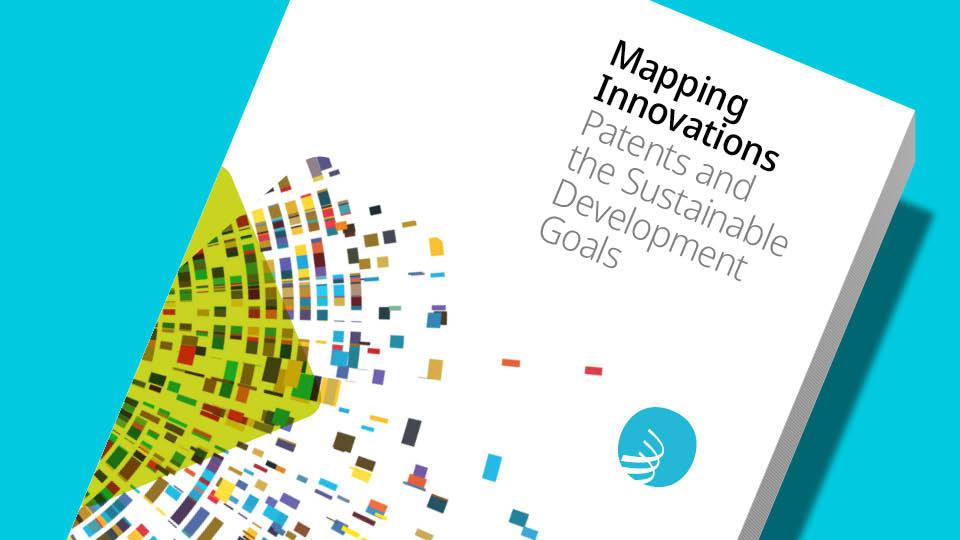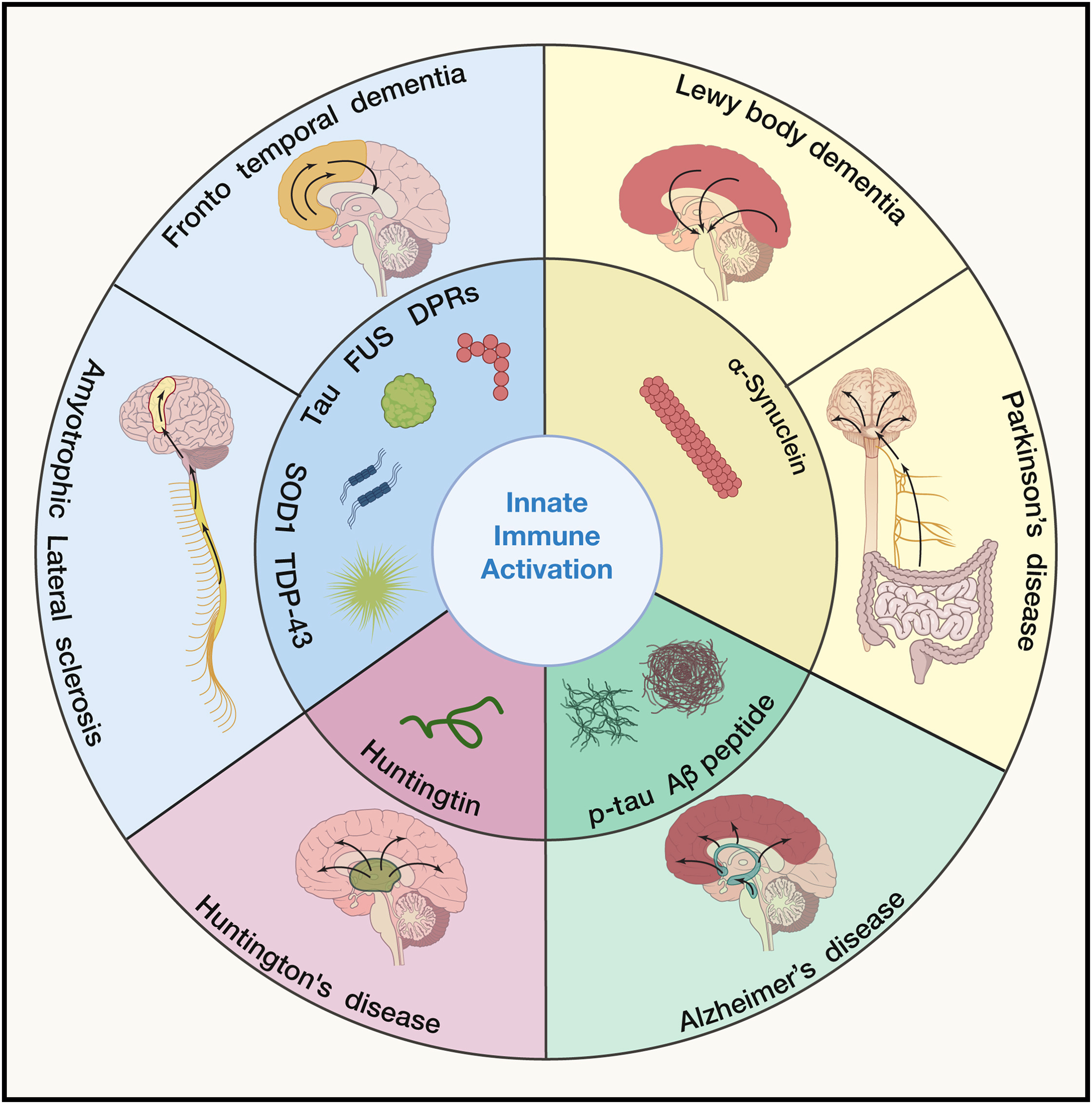This comprehensive report produced by World Intellectual Property Organization (WIPO) presents an extensive analysis of patents mapped to the United Nations Sustainable Development Goals (SDGs).
This chapter addresses UN SDGs 10, 11, And 15 by discussing the importance of incorporating indigenous knowledge and culture in Arctic development in particular their familiarity with the Artic environment and their ability to manage the natural resources in a sustainable way.
Since 2017 HPCC Systems has taken part in Kennesaw State University’s annual Hackathon for Social Good held at the Joe Mack Wilson Student Center, Marietta Campus. The goal of this hackathon is to connect students with companies through workshops and mentoring to achieve a final product that can in some way help the community. This year was no different and in fact, was the most in-depth challenge HPCC Systems has offered so far. This year the Help Missing Kids Challenge was introduced.
Radiative cooling reduces the need to actively cool buildings in hot climates. This paper reports the use of droplets and wrinkles on a surface to increase the performance of radiative cooling coatings, which can be generated using a commercial spray gun.
This review paper highlights the significance of rewilding using reptiles for the purpose of ecological restoration and it outline the consequences for reptilian rewilding under climate change.
This Review supports SDGs 3 and 15 by exploring the links between climate change, biodiversity loss, and infectious diseases. The authors focus on the social, political, and financial factors that frame these issues, and suggest that a better understanding of these interactions is needed to drive solutions.
The paper highlights the interconnectedness of public health crises, such as pandemics, with biodiversity loss and climate change, as increased demand for materials to combat infectious diseases exacerbates environmental pressures, posing a threat to global sustainability and biodiversity.
This study aimed to assess the associations of both serum vitamin D status and supplementation with all-cause dementia, Alzheimer’s disease (AD), and vascular dementia (VD) incidence. It highlighted consistent associations between various facets of vitamin D and multivitamin intake, objectively measured vitamin D deficiency and insufficiency from blood samples, and 14-year dementia incidence in a study population aged 55 to 69 years at baseline. Subgroup analyses revealed effect modification by skin color with associations only observed in the non-brown/non-black skin color group and stronger effect estimates for vitamin D supplementation in younger compared to older study participants. Although results are encouraging and suggest a potential role for vitamin D supplementation in dementia prevention, particularly for those with vitamin D deficiency, caution is advised due to the observational nature of this study. RCTs with long follow-up periods are indispensable to establishing the efficacy of dementia prevention strategies.
This perspective provides a pioneering synthesis of clinical intervention trials examining the effects of fasting and caloric restriction on individuals suffering from neurodegenerative diseases, marking a comprehensive analysis on this topic.
The activation of the innate immune system and subsequent neuroinflammation are common hallmarks of all neurodegenerative diseases. Castro-Gomez and Heneka review the emerging evidence related to receptors implicated in the activation of innate immunity during neurodegenerative processes. They predominantly focus on the role of microglia, PRRs, and other DAMP-sensing receptors in the pathogenesis of Alzheimer’s disease, tauopathy, Parkinson’s disease, and amyotrophic lateral sclerosis.



